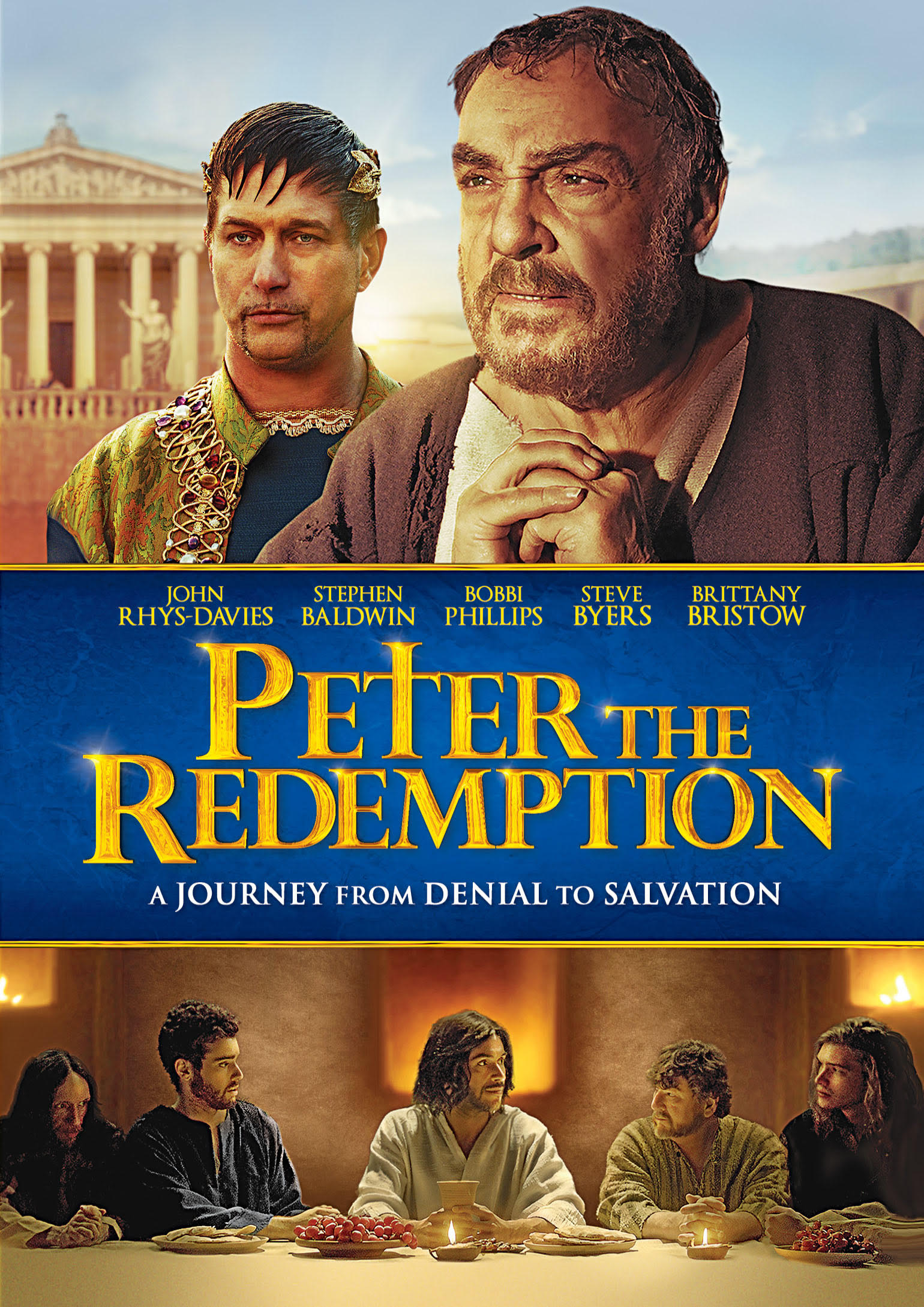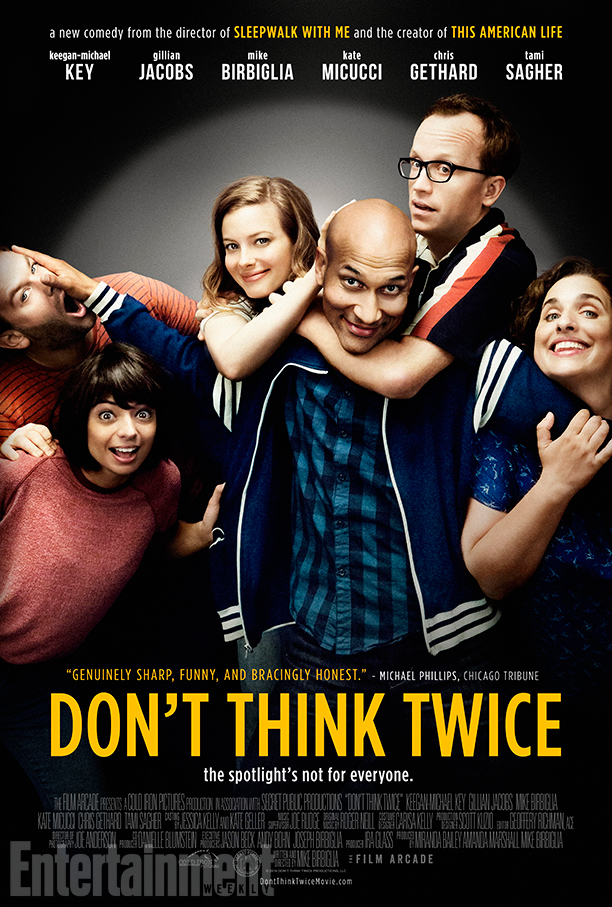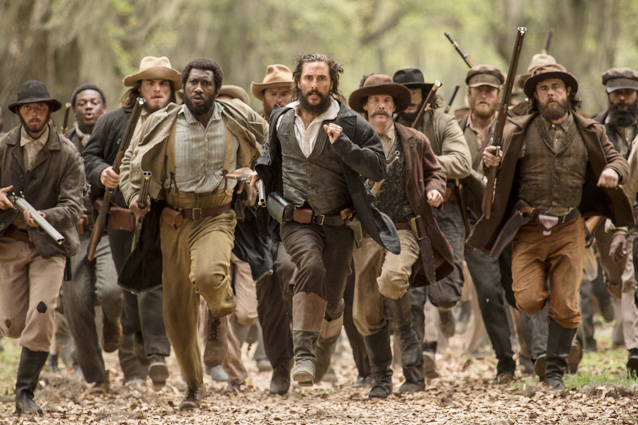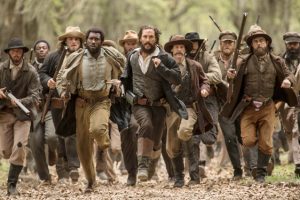Interview: Leif and Brittany Bristow of “Peter the Redemption”
Posted on August 5, 2016 at 6:16 pm
Lief Bristow produced and directed “Peter the Redepemption,” the story of the last months in the life of the disciple who denied Jesus before he was crucified but then endured torture and imprisonment rather than deny him again. Stephen Baldwin plays the Emperor Nero and Bristow’s daughter Brittany plays Susanna, a healer, the devoted servant of the Empress, and a secret Christian. I have a copy to give away! Send me an email at moviemom@moviemom.com with Peter in the subject line and tell me one of your heroes. Don’t forget your address! (US addresses only) I’ll pick a winner at random on August 13, 2016.

Both Bristows answered my questions about making the film.
What is most important to you in the projects you take on?
BRITTANY – In any of the projects I take on, I look for strength of character development and definite moments of transition and change. I believe that it is so important when portraying someone on screen that you are able to give them a fully formed life. That you know what has lead to the very first moment the audience meets them, to what is happening when they aren’t present. Every person spends their life listening, speaking, reacting, feeling – it is important that the character be developed in a way that allows for that kind of work.
LEIF – I have always looked for character driven scripts which, generally ask to understand the human condition. Characters who must rise above their own personal adversities and become willing to sacrifice their personal wellbeing for the benefit of others. Sometimes this is displayed through youth protagonists willing to protect an animal, sometimes in the case of Peter it is knowing that in the face of extreme adversity, under Nero, death is likely but the importance of sacrifice to give voice and purpose to the followers is a greater calling.
What did Peter learn from his denial of Christ and how did he change?
BRITTANY – Peter learned that in running from your word, you only have your own guilt to live with – but he also recognized that his influence was meant to exist beyond the time of Christ’s death. That he was meant to live longer and be able to teach others how to love and what it meant to be strong.
LEIF – Peter knew that he was to be the Rock and the foundation for which so many followers could depend on. His doubts and fears caused him to deny Christ. I believe of great significance to Peter was, the necessity to atone for this and truly live up to the needs of this very young flock. History tells us that Peter may not have been the gentlest of the Apostles but his relationship with Paul would cause him to again rise up to propel the church through his teachings and kindness. It is a very wonderful moment when Peter in a moment of doubt is lifted by the words of Susanah.
How did Susanna decide she could trust the guard named Martinian?
BRITTANY – Susanna always saw something in Martinian that was unlike the others of the Roman empire. She saw empathy in his eyes and in his soul. The moment he looked in her eyes and told her that her secret was safe with him she knew without a doubt in her mind that he would stay true to his word. She could see his compassion for the situation and watched as he began to see that love is what triumphs, not anger, violence and Hate.
What made Brittany right for this role?
LEIF – We looked at reels from over 30 young actresses, however Brittany possesses an innocence and level of empathy that is evident in her smile and eyes on camera. Too many young actresses focus on having a sultry look for today’s market. Brittany has done challenging leads and shown her capacity to be a leader on set. She has studied with and takes the seriousness of the craft to heart and has the depth of emotional range. The essence of Susannah was easily recognized by everyone when we looked at Brittany’s reel.
What was the director/actor relationship like?
BRITTANY – My dad and I have been very lucky to work on a number of projects together to date. He has directed me 3 times. First in Sophie, then in a show we created together with my mom called Wildlife Quest – a live action wildlife show, which I am the host of, and thirdly in Peter. It can be difficult at times because I know my dad sees potential in me and as a result he pushes me, but I can’t’ think of anything greater than a director seeing what someone is capable and working with them to allow for the best performance possible. It’s a win-win situation. On Sophie – the last day of shooting there were still two heads of departments who didn’t realize we were father and daughter – to me that says a lot.
LEIF – Brittany and I have always had a unique bond and an immense trust in each other. It is always fair to say that we have our moments on set where there is a dad/ daughter moment like when directing a kissing scene. Lol the challenge is really that for Brittany she doesn’t want people to think she gets a role because of me, so the pressure is greater for her. From her discipline as a professionally trained ballerina to having Larry Moss as her acting coach (he is DiCaprio, Helen Hunt and Hilary Swank’s acting coach) Brittany knows the importance of preparedness. It is easy to direct her because she comes to set with every line, each predecessor scene emotional understanding, the intention of the scene at hand and a developed character fully developed and ready to be guided.
Brittany has acted with some great actors like Christopher Plummer, John Rhys-Davies, Debra Kara- Unger, Stephen Baldwin and others and has learned how to graciously and powerfully bring her character to the screen.
What is the best advice you ever got about making films?
BRITTANY – No matter what is happening, don’t jeopardize the work that goes in – stay true to your artistry, your gut and your work ethic.
LEIF – It was more about the advice I received as an actor when I was young. If you aren’t willing to commit fully to the project and make it the best it can be then you have cheated yourself and the audience.
Film is the only medium in the world in which everyone who is involved gets to have their name forever etched on the final product. As a director, I am fortunate to be the person who steers the ship during production and till delivery. My greatest resource is all the people who come to give the best they know how to every day and collaborate to help elevate the project even beyond what I might have imagined.
What themes from this story are more compelling for modern audiences?
BRITTANY – I think the theme of love and compassion are the themes that draw an audience in and keep them enthralled. There’s a bad guy, action and a love story – what more could an audience want?
LEIF – Think Brittany said it well. Empathy is a timeless quality. In a world so filled with hatred at the moment and so many people of different faiths being murdered, becoming refugees and trying to survive, this 2000 year old story is completely relevant today. In the face of complete disparity there are those who find a positive moment or a way in which to sacrifice of themselves to assist and lift up the strangers around them. The simple acts of Love, Charity and Empathy are needed now more than ever.





